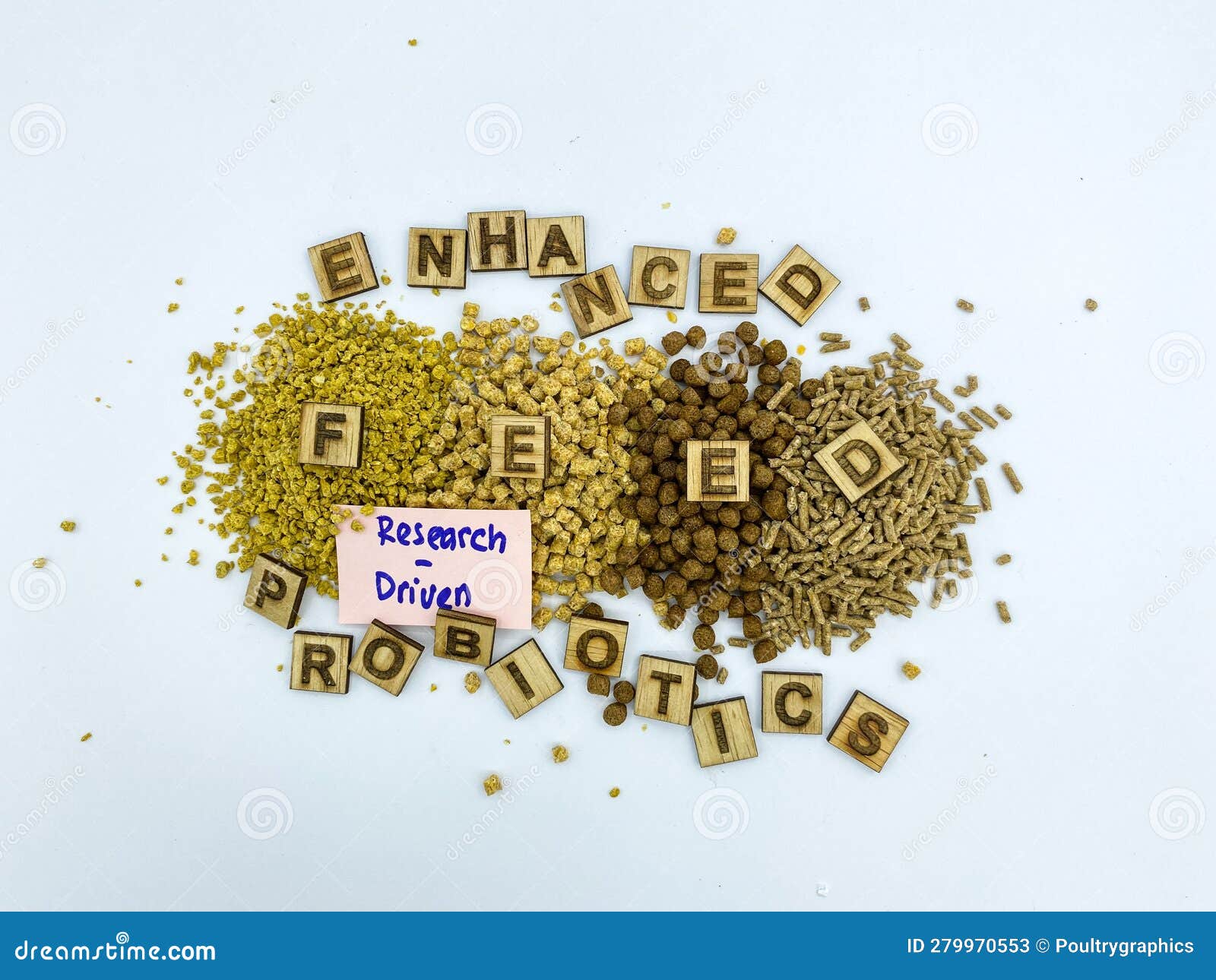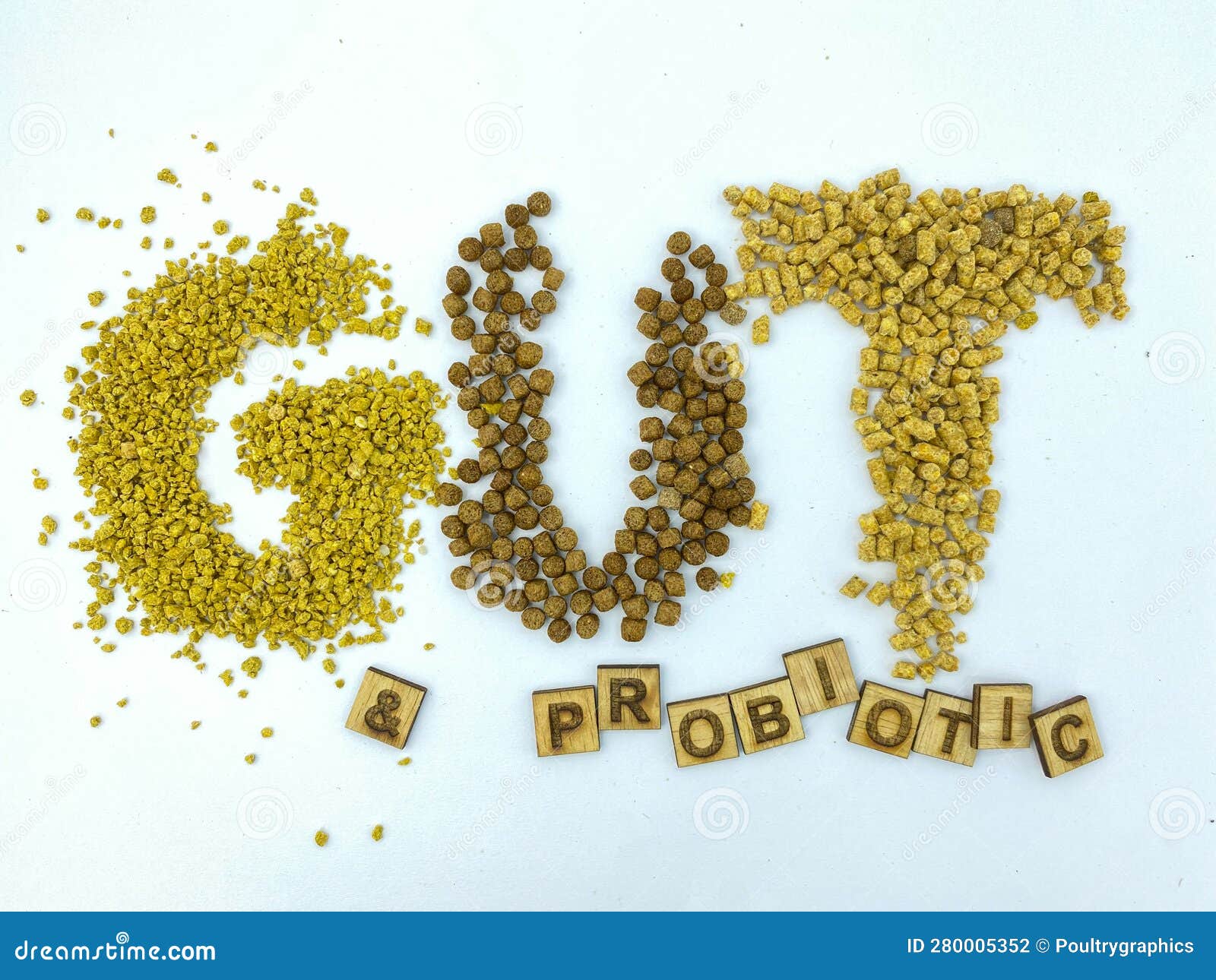
Unlocking Peak Livestock Performance: A specialized guide to harnessing rumen management has emerged – it's the key to elevating livestock productivity.
Editor's Note: Today marks the release of "The Ultimate Guide To Specialized Rumen Management For Optimal Livestock Performance". This groundbreaking guide addresses the crucial role of rumen management in boosting livestock production, empowering farmers with strategies to maximize their operations.
Through meticulous analysis and research, we've compiled this comprehensive guide to empower you in making informed decisions and optimizing your livestock's performance. A well-managed rumen ensures efficient nutrient utilization, immune system fortification, and overall animal health – all essential factors for profitability.
Key Takeaways:
| Traditional Approaches | Specialized Rumen Management | |
|---|---|---|
| Nutrient Absorption | Limited nutrient utilization | Enhanced digestibility and absorption |
| Immune Defense | Susceptible to disease | Boosted immunity through balanced gut microbiota |
| Feed Efficiency | Suboptimal feed conversion | Reduced feed costs and improved weight gain |
Delving Deeper into the Guide:
FAQ
Animal nutrition experts and experienced livestock farmers alike pose several common questions on specialized rumen management. Let's delve into some of the most frequently asked queries and provide insightful answers to enhance your understanding.
Question 1: How can I optimize dietary cation-anion difference (DCAD) for improved rumen pH?
Answer: By manipulating the balance of cations (e.g., sodium, potassium) and anions (e.g., chloride, sulfur) in the diet, you can influence rumen pH. A negative DCAD promotes acidosis prevention, while a positive DCAD supports lactation and counteracts milk fever.

Precision Probiotics: Elevate Livestock Performance with Targeted and - Source www.dreamstime.com
Question 2: What are the implications of rumen acidosis on livestock health and performance?
Answer: Rumen acidosis disrupts the normal microbial balance, leading to reduced fiber digestion, increased inflammation, and impaired immune function. It can result in decreased feed intake, reduced milk production, and increased susceptibility to diseases.
Question 3: How can rumen buffers effectively manage acidosis risk?
Answer: Rumen buffers neutralize excess acids, helping maintain optimal pH. They come in various forms, such as sodium bicarbonate, magnesium oxide, and calcium carbonate. The choice of buffer depends on factors like animal species, diet, and production stage.
Question 4: Why is dietary fiber crucial for rumen health?
Answer: Fiber stimulates rumen fermentation, providing energy for microbial growth. It promotes rumen motility, reduces acidosis risk, and improves satiety. A balanced fiber intake ensures efficient nutrient utilization and overall rumen well-being.
Question 5: How does rumen management contribute to methane mitigation?
Answer: Methane production by rumen microbes is a significant greenhouse gas contributor. Specialized rumen management practices, such as feed additives and dietary modifications, can reduce methane emissions while maintaining animal performance.
Question 6: What are the signs of rumen disorders and how can they be prevented?
Answer: Symptoms of rumen disorders include decreased appetite, diarrhea, bloating, and acidosis. Prevention involves gradual dietary changes, avoiding sudden feed transitions, ensuring adequate fiber intake, and implementing effective rumen management strategies.
By addressing these common questions, we hope to provide valuable knowledge and practical guidance to optimize rumen management practices, ultimately contributing to superior livestock performance and well-being.
In the next section, we'll delve into a comprehensive discussion on the importance of rumen pH monitoring for effective management.
Tips
Effective rumen management is fundamental to achieving optimal livestock performance. The Ultimate Guide To Specialized Rumen Management For Optimal Livestock Performance provides comprehensive guidance on implementing effective strategies.
Here are additional tips to enhance rumen management practices:
Tip 1: Provide a consistent diet that meets the nutritional requirements of the animals.
This helps maintain a stable rumen environment and prevents digestive upsets.
Tip 2: Introduce new feedstuffs gradually to allow the rumen microbes to adapt.
Rapid changes in diet can disrupt rumen function and lead to performance issues.
Tip 3: Limit the amount of fermentable carbohydrates in the diet to prevent acidosis.
Acidic rumen conditions can inhibit microbial activity and lead to reduced energy availability.
Tip 4: Monitor rumen pH regularly to assess rumen health and adjust feeding practices accordingly.
Optimal rumen pH ensures efficient microbial activity and nutrient absorption.
Tip 5: Provide adequate water to support rumen function.
Water helps maintain a hydrated rumen environment and facilitates microbial activity.
Effective rumen management is key to maximizing livestock production and profitability. By implementing these strategies, producers can create a thriving rumen environment, leading to improved animal performance and financial returns.
The Ultimate Guide To Specialized Rumen Management For Optimal Livestock Performance
Specialized rumen management holds immense significance for optimal livestock performance, encompassing fundamental aspects like feed efficiency, nutrient utilization, and overall animal health. This guide explores essential elements crucial for effective rumen management.
- Nutritional Balancing: Ensuring adequate supply of essential nutrients to meet metabolic demands.
- Microbial Population: Cultivating a healthy and diverse microbial community within the rumen.
- Forage Quality: Maximizing the utilization of high-quality roughage for optimal rumen function.
- Supplementation: Utilizing specific supplements to support rumen microbial activity and nutrient absorption.
- Water Accessibility: Maintaining constant access to clean water for proper rumen hydration.
- Monitoring and Adaptation: Regularly monitoring rumen health and adjusting management practices to ensure optimal performance.
These key aspects are interconnected, with each influencing the overall effectiveness of rumen management. For instance, nutritional balancing supports microbial population development, which in turn enhances forage utilization. By understanding these connections and implementing specialized management practices, livestock producers can optimize rumen function, resulting in improved feed conversion, increased milk production, and enhanced overall livestock performance.

Precision Probiotics: Elevate Livestock Performance with Targeted and - Source www.dreamstime.com
The Ultimate Guide To Specialized Rumen Management For Optimal Livestock Performance
Rumen management plays a critical role in achieving optimal livestock performance. "The Ultimate Guide To Specialized Rumen Management For Optimal Livestock Performance" provides comprehensive knowledge and guidance on rumen management practices that enhance digestive efficiency, optimize nutrient utilization, and improve overall animal health and productivity. This guide explores the intricate connection between rumen function and livestock performance, emphasizing the importance of tailored management strategies for different animal species, production systems, and feedstuffs. By understanding the principles and practical applications outlined in this guide, livestock producers can optimize rumen function, leading to increased feed conversion efficiency, reduced methane emissions, and improved animal welfare.

Peak Performance Unleashed: Harnessing Selective Probiotics for - Source www.dreamstime.com
The guide covers various aspects of specialized rumen management, including nutritional strategies, feed additives, and fermentation modifiers. It provides in-depth insights into the rumen microbiome, its dynamic interactions, and the impact of management practices on microbial populations. Case studies and real-life examples illustrate the practical significance of specialized rumen management, showcasing its positive effects on growth rates, milk production, and reproductive performance in livestock. Moreover, the guide emphasizes the importance of monitoring rumen parameters, interpreting data, and making informed management decisions to optimize rumen function continuously.
In conclusion, "The Ultimate Guide To Specialized Rumen Management For Optimal Livestock Performance" is an invaluable resource for livestock producers, nutritionists, and veterinarians seeking to enhance animal performance and profitability. By adopting the principles and practices outlined in this guide, producers can unlock the full potential of their livestock through optimized rumen function, leading to improved feed efficiency, reduced environmental impact, and ultimately increased profitability in livestock production systems.
Table: Key Insights from "The Ultimate Guide To Specialized Rumen Management For Optimal Livestock Performance"
| Insight | Implication |
|---|---|
| Tailored rumen management strategies improve digestive efficiency and nutrient utilization. | Producers can optimize animal performance by matching management practices to specific livestock species and production systems. |
| Understanding rumen microbiome dynamics is crucial for effective management. | Monitoring and manipulating microbial populations can enhance fermentation processes and improve animal health. |
| Feed additives and fermentation modifiers can enhance rumen function. | Strategic use of supplements can improve feed digestibility, reduce methane emissions, and promote animal growth. |
| Monitoring rumen parameters is essential for continuous optimization. | Regular monitoring allows producers to make informed decisions and adjust management practices to maintain optimal rumen function. |
| Specialized rumen management contributes to improved animal welfare and environmental sustainability. | Optimized rumen function reduces methane emissions, promotes animal health, and improves overall livestock sustainability. |
Recomended Posts


